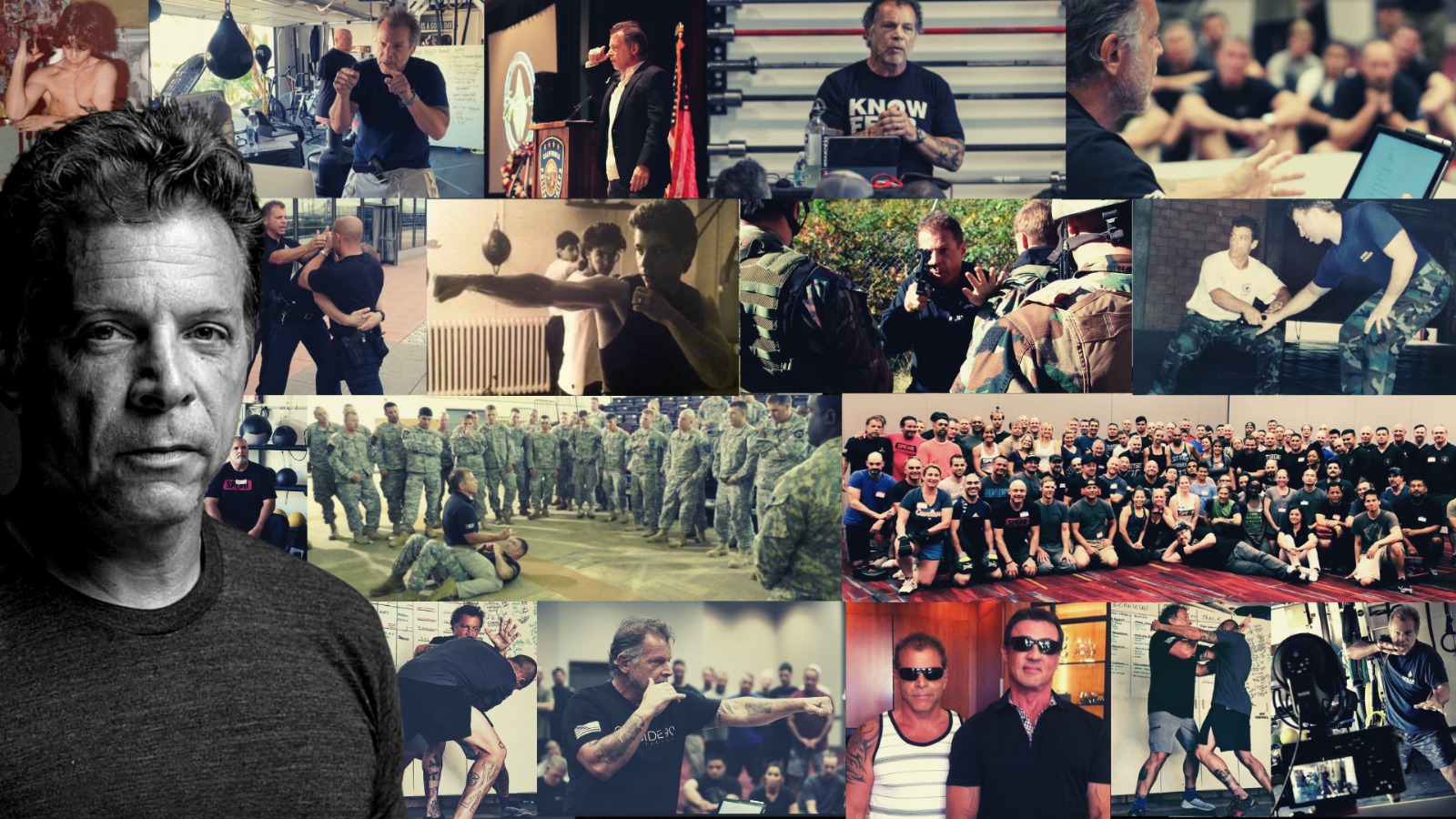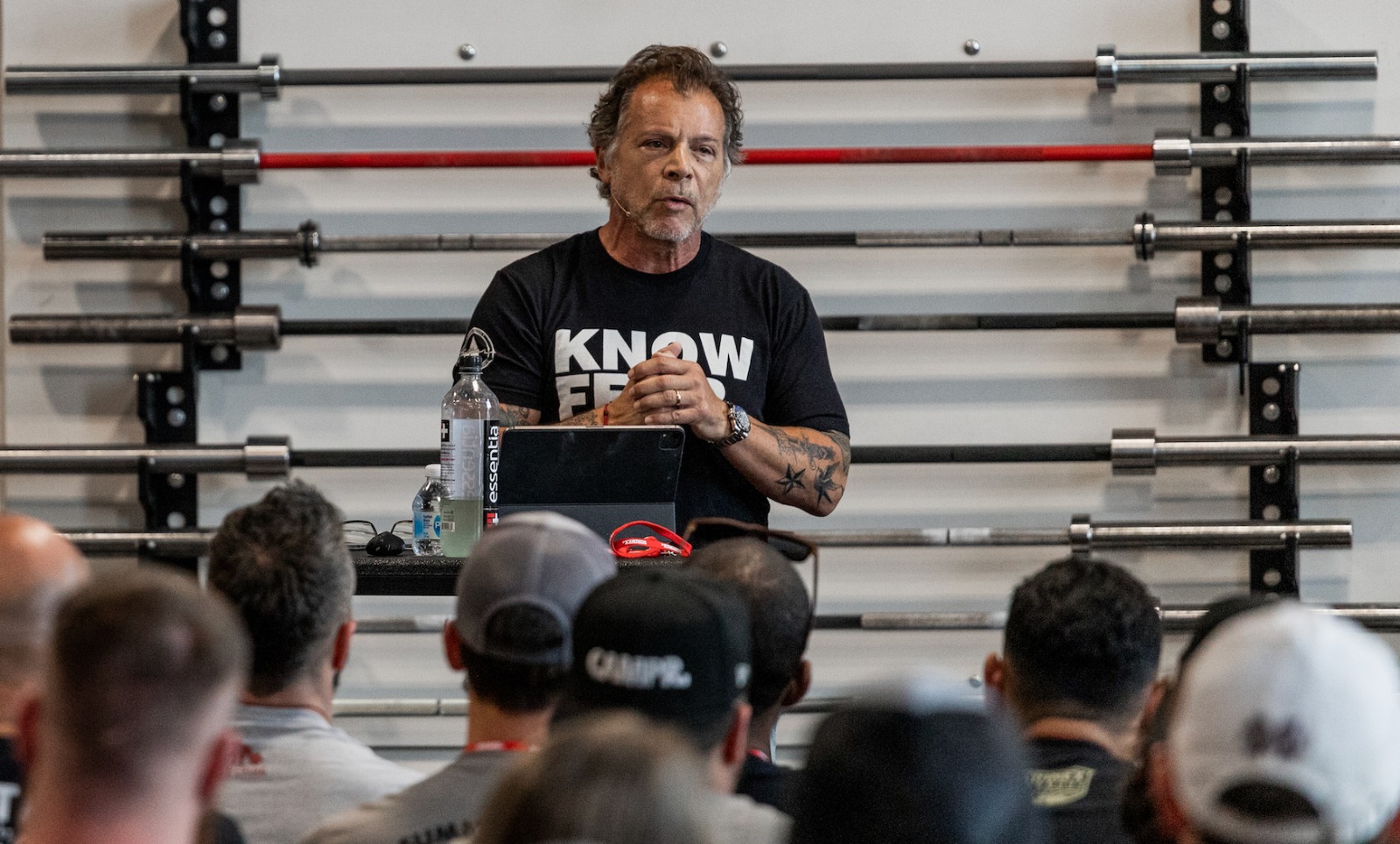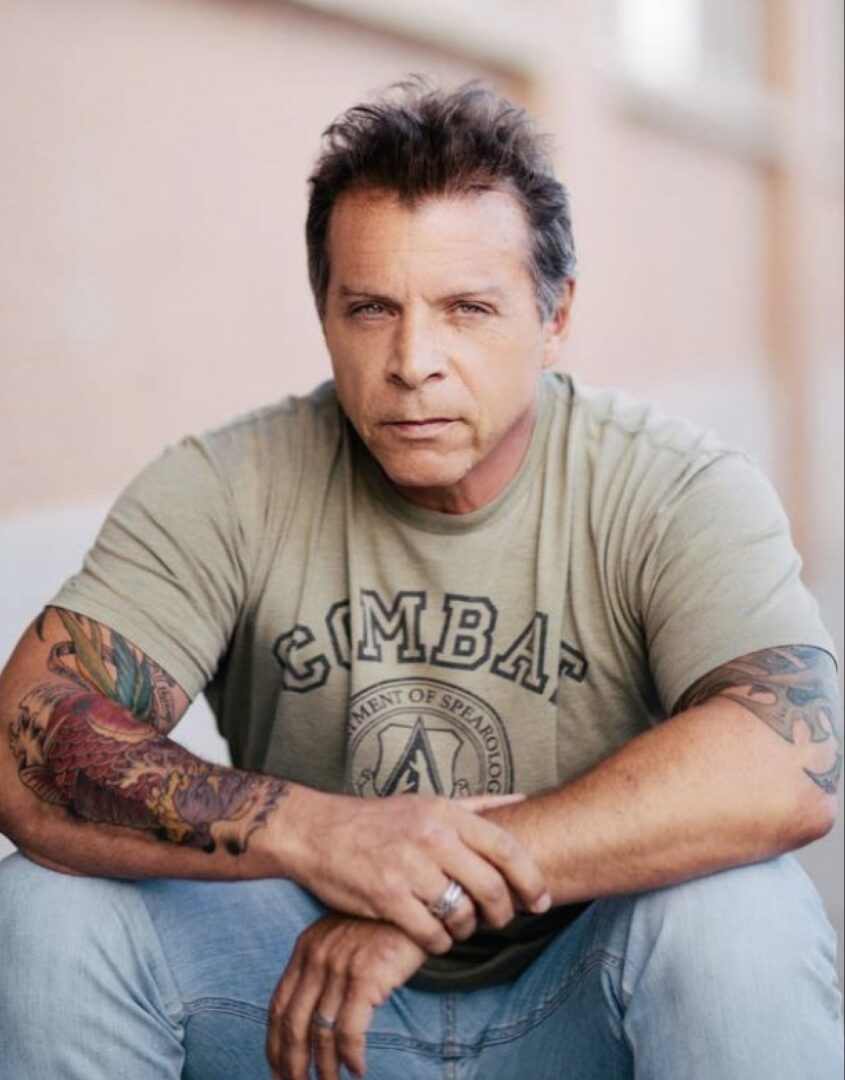Tony Blauer shared their story and experiences with us recently and you can find our conversation below.
Tony , we’re thrilled to have you with us today. Before we jump into your intro and the heart of the interview, let’s start with a bit of an ice breaker: What’s more important to you—intelligence, energy, or integrity?
That’s a powerful question: intelligence, energy, or integrity?
Look, there are a lot of intelligent people out there whose intellect actually gets in the way. They overanalyze, ignore their instincts, and end up disconnected from real communication and authentic relationships.
Energy? It’s magnetic. It’s contagious. But energy without direction — without values — can lead you straight into chaos. I’ve met plenty of high-energy people who had zero integrity or self-awareness, and that’s a dangerous combo.
But integrity? Integrity influences everything. It governs how someone shows up under pressure — especially in moments of fear, risk, or adversity. And that’s where true character is revealed.
Over the last five years, life has exposed the gap between intelligence and integrity more than ever. Some of the smartest people I’ve known said and did things that shocked me. But the people who stood their ground, told the truth, protected others — even when it wasn’t popular or easy — those are the people I trust.
So for me, integrity wins. Every time.
Can you briefly introduce yourself and share what makes you or your brand unique?
I’m Tony Blauer, and I’ve been in the same business for over 40 years — I’ve never had another job. That’s not a résumé line; it’s a reflection of how deeply this work chose me. I grew up afraid. I grew up feeling unsafe. And instead of running from that, I turned it into my life’s mission: helping people understand fear and protect themselves more intelligently.
I founded Blauer Tactical Systems to teach a completely different approach to personal safety — one rooted in behavior, not tradition. This isn’t martial arts. It’s not sport. It’s a behaviorally inspired, genetically wired system that studies how the human body responds to danger. We integrate neurobiology, kinesiology, and psychology to help people understand fear, trust their intuition, and reconnect with their built-in survival instincts. We call it the SPEAR System® — and it’s the world’s first behaviorally based personal defense method.
Over the years, we’ve trained everyone from elite military and law enforcement to corporate leaders, educators, and everyday citizens. From the Department of Defense to single parents — if you’re a human, you’re qualified.
Our core message is simple: you can’t outsource your safety. We help people become their own bodyguards. And that mission has grown into several verticals: fear management coaching for leaders and entrepreneurs, scenario-based training, a program called KNOW FEAR® that helps people transform their relationship with fear, and our online Garage Gym where I coach people from around the world each week.
What makes us unique? We start with what’s hardwired — fear — and show people how to turn it into fuel. We don’t teach people what to think in a fight. We teach them how to think — before, during, and after danger.
And that’s what keeps me fired up after four decades.
Okay, so here’s a deep one: Who taught you the most about work?
That’s another great question — who taught me the most about work?
When I was 15, I read a biography on Bruce Lee. He was trying to break into acting, he faced massive prejudice, and he was getting hit from all sides — criticized by his own community for teaching outside traditional circles, and stereotyped by the film industry. Despite all that, he wrote a line that stuck with me like it was tattooed on my brain: “To hell with circumstances — I create opportunities.” That one sentence became a compass for my work ethic, my resilience, and my belief in carving your own path. In a very real way, Bruce Lee was my first mentor.
Of course, I’ve had real-life mentors too. My mother was a single parent who worked relentlessly to take care of us. Watching her hustle and sacrifice left a permanent imprint on me — maybe too much. I ended up throwing myself into building my business with the same intensity, and in hindsight, I can see how that pursuit sometimes came at the expense of time with my own family. I’m working on that now.
So yeah — Bruce taught me about grit. My mother showed me sacrifice. Together, they shaped how I see work: not just something you do, but something you honor.
If you could say one kind thing to your younger self, what would it be?
If I could say one thing to my younger self?
Now that I’m 65, I’d tell that kid: Everything’s going to work out.
I grew up afraid of fear. It was constant, overwhelming, and I saw it as a flaw — something broken in me. But over time, that fear became my fuel. What I thought was a curse turned into a calling. That same fear led me to create a program now taught worldwide — to parents, teachers, entrepreneurs, law enforcement, and the military — helping people change their relationship with fear.
One of the core lessons I teach is this: You can’t be brave if you’re not afraid. Fear is the primary ingredient of courage. It’s not the enemy — it’s just energy. And when you learn to make friends with fear, it becomes one of your greatest teachers.
So yeah… I’d look my younger self in the eyes and say: Don’t worry. You’re going to take that fear and do something really important with it.
Next, maybe we can discuss some of your foundational philosophies and views? What are the biggest lies your industry tells itself?
One of the biggest lies the self-defense industry tells itself is that safety comes from learning a style — jiu-jitsu, krav maga, boxing, MMA, taekwondo — as if one of those is the answer.
Back in 1980, I said something in an interview for Black Belt Magazine that still defines my approach today. I was 20 years old, and I told the writer, “There should be as many self-defense styles as there are people practicing self-defense.” He didn’t get it. But what I meant was this: you can’t have a cookie-cutter approach to something as personal and chaotic as violence. What you can do when you’re 10 is different than what you can do at 30 or 50. Your mindset, your mobility, your responsibilities — they all evolve. So why wouldn’t your approach to safety?
The lie is that a physical system keeps you safe. It doesn’t. Styles teach moves. But self-defense isn’t about moves — it’s about mindset. It’s about physiology. It’s about psychology. You already have a built-in survival system — the problem is, most people don’t know how to access it under stress.
That’s what I set out to teach with the SPEAR System® and KNOW FEAR®. You are a human weapon. Your body already knows how to flinch, move, protect. We just help people remember that — and then teach them how to weaponize that startle, manage fear, and trust their intuition.
You can (and should) train in the martial art you love. But the danger is when we confuse the trademark for the truth, and think any one style will keep us safe. That’s the myth. And it’s time we stopped selling it.
Okay, so let’s keep going with one more question that means a lot to us: When do you feel most at peace?
That’s a deep one….
When do I feel most at peace?
That’s not a simple answer — because for me, peace comes in two very different moments.
One is deeply personal: the other night I was having dinner with my wife and our three kids — they’re 33, 28, and 22 — and I just sat back and watched. They were laughing, teasing each other, totally present and connected. It was like I wasn’t even in the room, just observing this beautiful dynamic. And I had this surreal realization: When did this happen? These are good humans. Smart, kind, funny — and most importantly, they love and understand each other. That hit me hard. I looked at Jess and thought, We did good. And in that moment, I felt a deep, grounded peace.
The other place I feel that peace is after I teach. I’ve been running our online situational awareness, fear management, and self-defense classes for over five years now. And even though some people still think you can’t teach self-defense online, they’re wrong — at least when you teach it from a behavioral lens. It might sound strange, but this morning, after I wrapped a class, I texted one of my team: Holy shit, I love this. I love this so much. That post-class feeling — knowing you just helped people become safer, more aware, more confident — it’s a kind of emotional flow state. And that brings a very real kind of serenity.
So yeah, for me, peace lives in those two places: around my family, and inside the work I love.
Contact Info:
- Website: https://www.blauertrainingsystems.com
- Instagram: https://www.instagram.com/tonyblauer/
- Linkedin: https://www.linkedin.com/in/tonyblauer
- Twitter: https://x.com/tonyblauer
- Facebook: https://www.facebook.com/TonyBlauer.SpearSystem
- Youtube: https://www.youtube.com/@tonyblauer


so if you or someone you know deserves recognition please let us know here.




